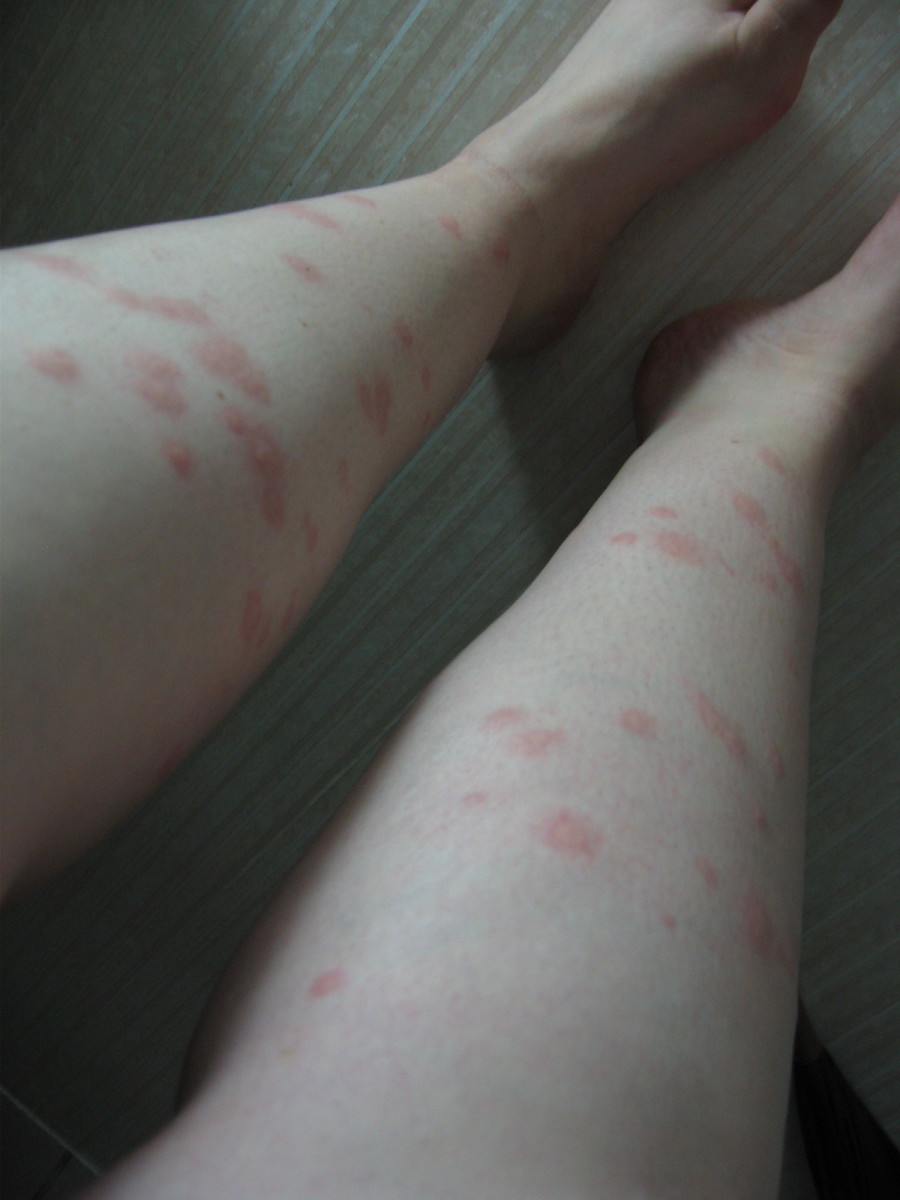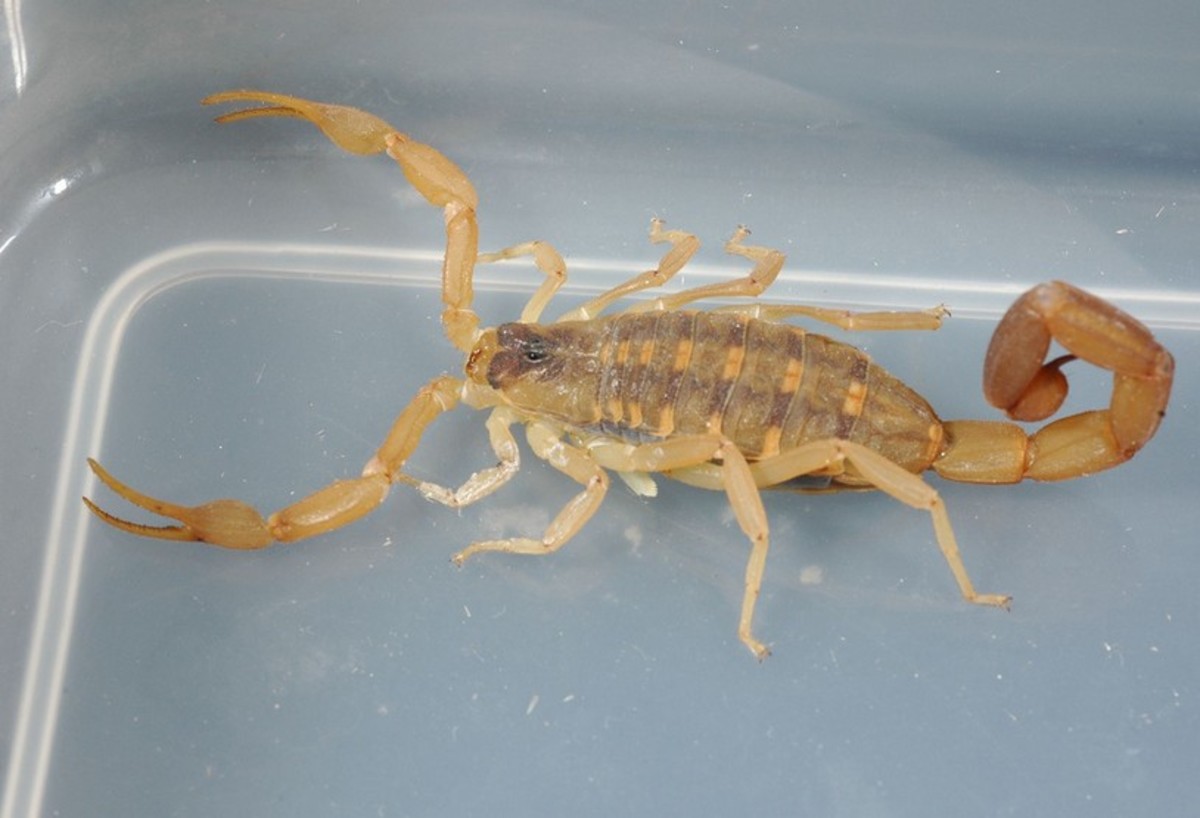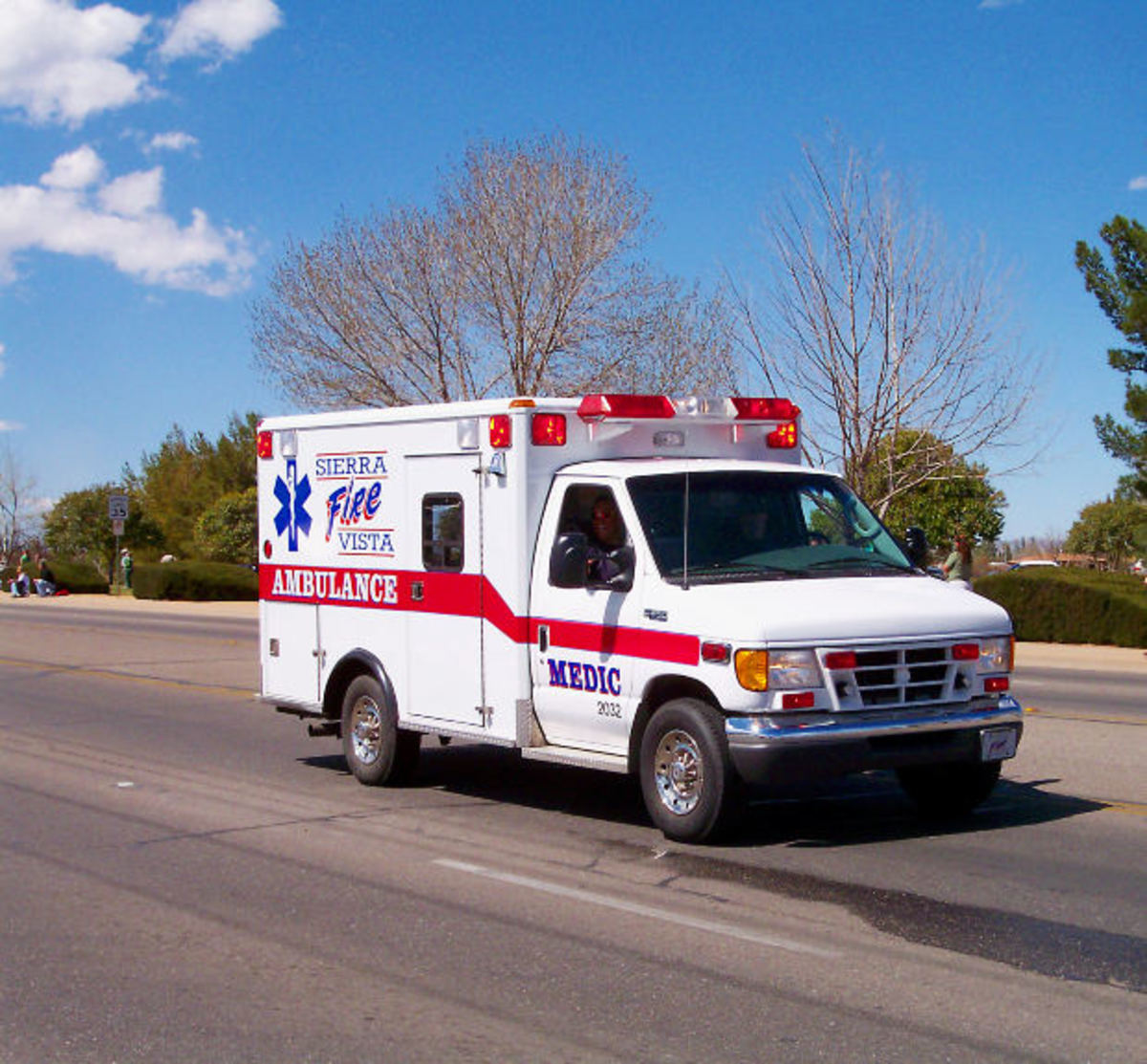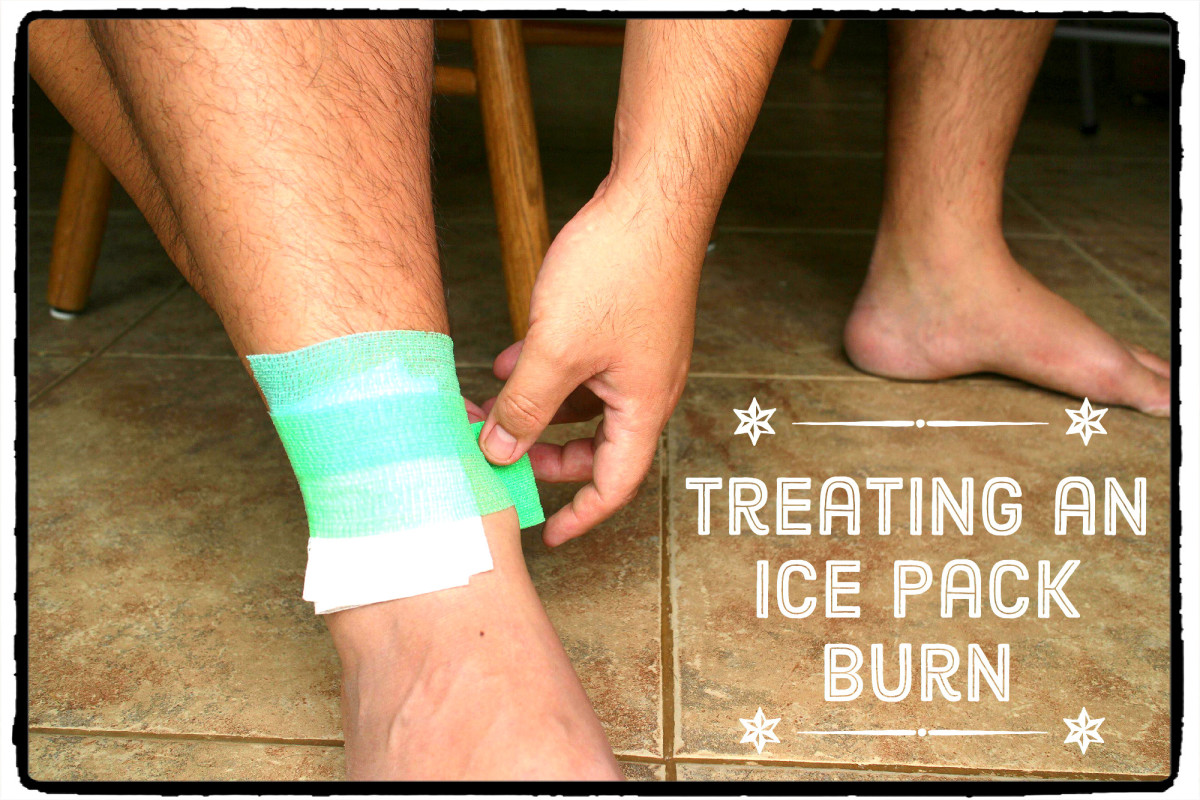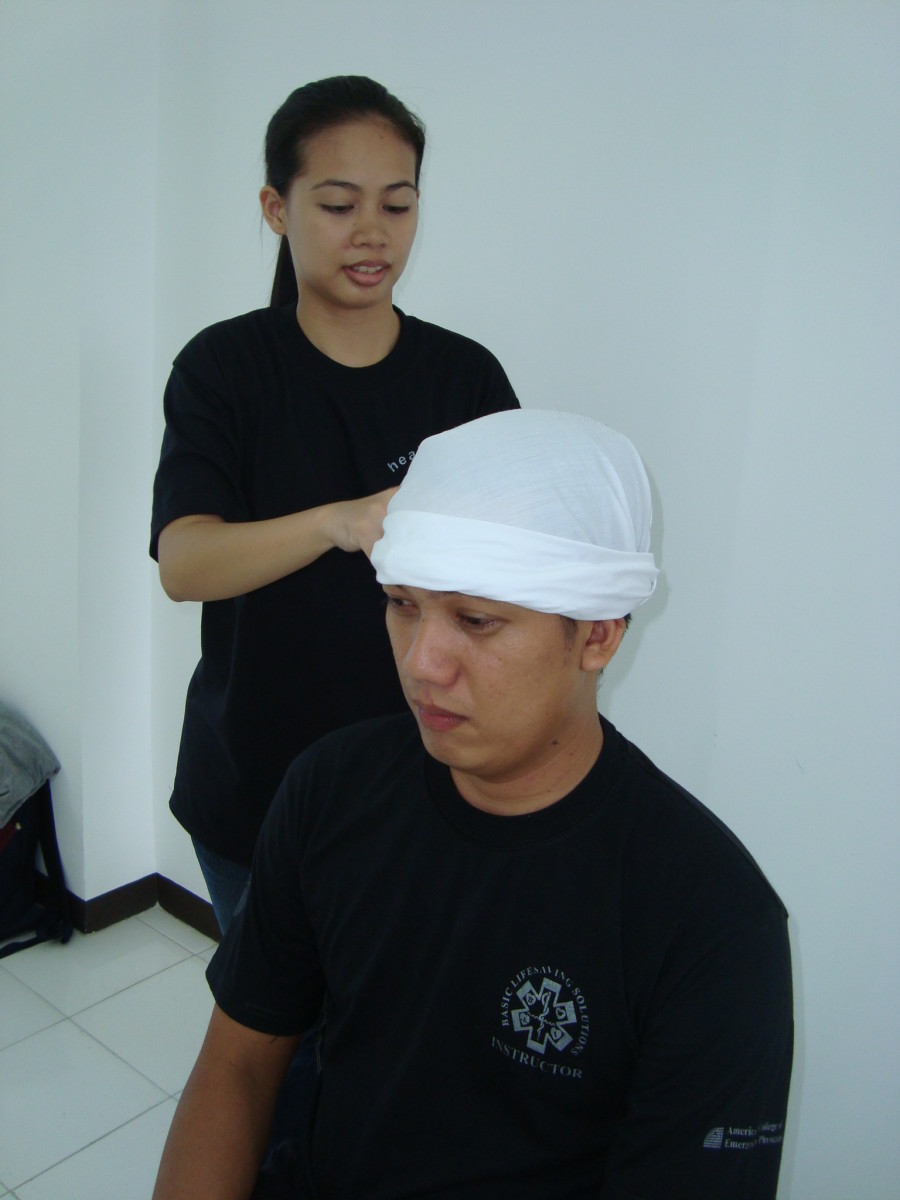Insect and Bee Stings: Anaphylaxis
The Bug Bites of Summer
The spring bring with it beautiful landscapes of green. Flowers and blooms can be seen in yards and along roadsides each year. This nice scenery comes with a price, especially for those with severe allergies to insect bites and bee stings. Bees and stinging insects travel in swarms and resides in colonies, so where there's one, there's hundreds more.
Bees inject venom into its unsuspecting victims. For most people the reaction is local and the affected area and may become inflamed and painful. People that are allergic to bees may suffer from serious complications.
If you know that you have severe allergic reactions, it is important to keep any needed medications handy in case of an anaphylactic crisis, including an epipen if prescribed by your physician.
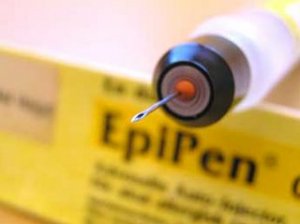
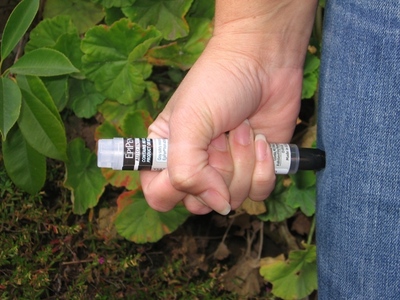
Be Prepared
Anaphylaxis is a common complication that can occur when someone has a severe allergic reaction to a bee sting. Anaphylaxis is a life threatening situation that occurs soon after the victim is stung. An average of forty deaths are caused by insect bites annually.
People that are not allergic to bees can also have serious complications if stung multiple times. The folks at risk from multiple stings include the elderly, small children, and people with an already compromised immune system.
Even people that aren't allergic to bees can suffer serious problems when stung by an insect, the majority of cases each year only cause local systemic reactions. These include pain, edema, redness, and itching at the site of the bite or sting.
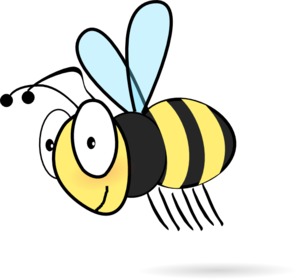
Treatment
Most insect or bee stings can be treated at home. Check the area of the sting to see if the stinger is still under the skin. If so, remove it to reduce the amount of venom that gets injected since some will remain in the stinger.
Apply ice directly to the area to reduce the immediate pain and swelling. An antihistamine such as Benedryl can help lessen the itching cause by bee or wasp stings. Motrin or Tylenol can reduce or eliminate pain. Use a mild soap and water to clean the affected area and pat dry. Neosporin or a generic A topical antibiotic such as Neosporin can be placed on the area and covered with a Bandaid.
Seek medical attention if you've had a prior allergic reaction to a bee sting. It's a good idea to keep Benedryl or use an EpiPen if one has been prescribed for emergencies. Medications can help lessen symptoms, but are not a substitute for medical help. Keep current on your tetanus booster, and you will need to get one within a few days of being bee stung.
Some people who are not allergic to most bees and insects will still need medical attention, especially those who get stung in the eye, inside the mouth or throat, or receive more than ten to twenty stings.
Prevention is the key to avoiding allergic reaction emergencies. Avoid known nests or hives when mowing. Do not swat at bees or flying insects if in a swarm and leave the area immediately. Heavy perfumes or sprays should be avoided when outside since many tend to attract certain types of insects.
Most insect bites or bee stings cause only minor problems including: pain, itching, or swelling at the site. People with known allergies who plan to be outside, should take any needed precautions to prevent being bitten or stung. Also, be sure to keep an antihistamine or EpiPen available if it may be indicated or prescribed by a physician.
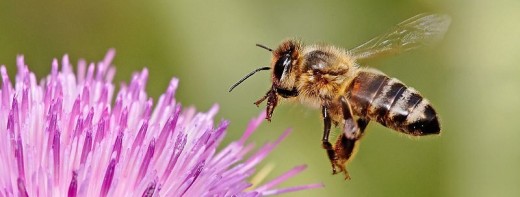


Health Articles
- Uses of Medicinal Plants
Throughout the ages herbs and plants have contributed many ingredients to help fight disease and illness and many are still used around the world today. There are a variety of plants used for a multitude of... - Alice in Wonderland Syndrome
Alice in Wonderland Syndrome (AIWS) is characterized by a distortion of visual images, or metamorphosia. Objects appear either smaller or larger than they actually are to those who suffer from it. Symptoms... - Tips for Acid Reflux Reduction
Gastroesophageal Reflux Disease (GERD), more commonly known as acid reflux, is characterized by stomach acid backing up into the esophagus . The cause is usually associated with the muscular valve that...



